Seismic Japan: The science and culture of earthquakes in Japan
Program Overview
This course is intended to provide students with an in-depth understanding of the science and culture of earthquake in Japan, one of the most earthquake prone countries in the world. Through lectures, class discussions, field-trips, student exchanges, meetings with scientists, students will come to appreciate the complex history of human interaction with the destructive forces of the earth in Japan.
The Setting
The bulk of the program will be at Nanzan University in Nagoya, one of the largest cities in Japan. We are planning field trips to Kobe (site of a devastating earthquake in 1995) and perhaps to areas affected by the March 2011 earthquake and tsunami.
Academics
EASIA-208-01: Seismic Japan: The science and culture of earthquakes in Japan. Students who successfully complete this program will earn one course credit (the equivalent of four semester hours). For East Asian Studies majors, the course counts toward the major. The program fulfills the Comparative Civilization requirement. Students will receive a letter grade for the course.
Program Activities
During the program, students will experience Nagoya and its environs. The program will be hosted by Nanzan University. Field trips include Kobe and possibly Tokyo and Sendai.
On-Site Administration
The program is supervised by Alex Bates, Assistant Professor of East Asian Studies and Pete Sak, Associate Professor of Earth Science.
Program Cost
This program is generously supported by the Luce Foundation’s Initiative in Asian Studies and the Environment. The estimated comprehensive program fee will be $3850. Airfare is not included; however a group flight may be arranged.
Included
Tuition
Full room and board
Academic excursions
In-country transportation related to the academic program
Pre-departure orientation
Emergency Insurance
Accommodations
In Nagoya, students will be housed two to four a room in a guest house near Nanzan University. Meals will be a combination of group meals and individual purchases using the weekly stipends.
Financial Aid
Financial aid is available to eligible Dickinson students. Requests for financial aid must be submitted via the online application system no later than February 1, 2013. No late requests for financial aid will be considered.
Eligibility
Students with a minimum GPA of 2.8 are encouraged to apply. There are no prerequisites; however, students who have background in Asian Studies, Earth Sciences, Environmental Studies and Environmental Science will be given priority.
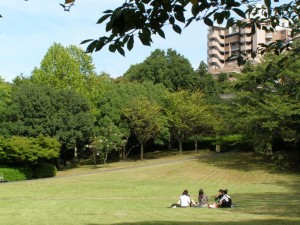
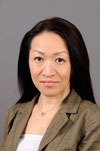
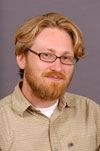
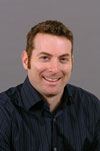

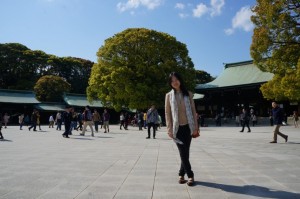
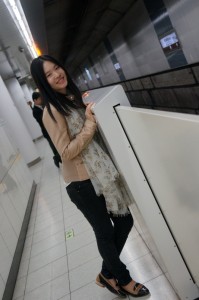
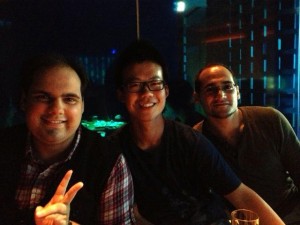

 This is a great job for anyone coming out as an East Asian Studies major and I highly recommend it. There’s nothing better than widening your cultural perspective (and language skills) than working in another country and Japan is an amazing choice.
This is a great job for anyone coming out as an East Asian Studies major and I highly recommend it. There’s nothing better than widening your cultural perspective (and language skills) than working in another country and Japan is an amazing choice.